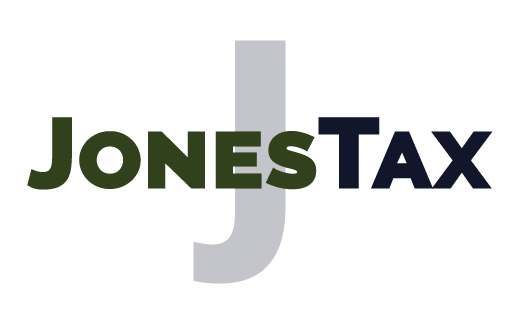The Coronavirus has sky-rocked unemployment in the US, leaving many Americans to struggle financially. If you have recently found yourself unemployed or furloughed due to COVID-19, you may have more pressing things to worry about than your 2020 income taxes. Unfortunately, unemployment income is taxable, and that includes the extra $600 a week the Coronavirus Aid, Relief and Economic Security (CARES) Act provided. If you don’t pay enough toward your income tax obligations throughout the year, you may not only be looking at a tax bill when it comes time to file your returns in 2021, but possibly penalties and interest as well.
Are You Required to File a Tax Return Even When Unemployed?
You may be required to file a tax return even when you’re unemployed, depending on your situation. If your total income for the entire year, including wages earned before unemployment, any unemployment benefits, interest you have earned, retirement distributions, or anything else that counts as income, is less than the standard deduction for your filing status, you may not be required to file a tax return. If your total income exceeds that amount, then it is likely that you will need to file and pay taxes on that income.
However, filing for taxes, especially when unemployed, may have its benefits. With a decreased income, there may be refundable tax credits or additional deductions for which you are now eligible and the only way to get them is by filing a tax return. Further itemizing your deductions may even allow you to recover certain expenses you paid while unemployed.
How to Take Advantage of Income-Based Credits and Deductions
Many tax credits and deductions are based on income. If you are or were unemployed or furloughed for even part of the year, you may find that you now qualify for some of these credits. Below are a few to consider.
Earned Income Tax Credit
If you have lower income in 2020 as a result of lost wages, you may now qualify for the Earned Income Tax Credit. The EITC is a federal income tax credit aimed at working people with a low to moderate income and can be worth over $6,000 for a family with three kids. Unemployment benefits don’t count as earned income for the EITC, so to be eligible you will need to have earned money either through wages or self-employment at some point throughout the year. ETIC eligibility also depends on filing status, the number of qualifying children you can claim, and the amount of your earned income. But the credit is refundable which means that in addition to reducing the amount you owe, it could provide a refund beyond what you paid in.
The Saver’s Credit
The Savers Credit is another income-based tax credit and could be worth up to $1,000 if you file single or $2,000 for married filing jointly. This one is a special tax break for people with low and moderate income saving for retirement. It is non-refundable and to be eligible you must make salary-deferral contributions to employer-sponsored 401(k), 403(b), SIMPLE, SEP, or governmental 457 plans, or contribute to a traditional or Roth IRA.
Child Tax Credit
If you have children, you may also qualify for the child tax credit. The child tax credit is a credit of up to $2,000 per child under age 17. If your child tax credit exceeds the amount of taxes you owe, you may receive up to $1,400 per child as a refund. Other dependents, including children ages 17–18 and those 19-24 who are enrolled full-time in college, may qualify for a nonrefundable credit of up to $500 each.
Child and Dependent Care Tax Credit
If you paid someone else to watch your child or dependent while you worked earlier in the year or while you look for work now, you may also qualify for the nonrefundable child and dependent care tax credit. For the 2019 tax year, the credit maxed out at $3,000 for one qualifying person or dependent, or $6,000 for two or more qualifying persons or dependents. The credit is based on your adjusted gross income, which must include earned income to qualify. If your only source of income for the year was from unemployment benefits, you would not be able to claim this credit.
Get Advice If You Need It
Being unemployed can be upsetting or even scary. There have been so many changes to taxes and relief in response to Coronavirus and it will continue to evolve as the year goes on. It’s confusing and hard to stay on top of all the information. But you don’t need to do it alone.
Jones Tax is here to help. We can help you figure out exactly how to budget for these changes and what benefits you will likely qualify for based on your situation. We can help assure that you are paying enough income taxes on your unemployment now to avoid penalties in the future. If you have any questions or need any help with your taxes, give us a call at (320) 327-8409 today to talk to Tyler Jones or send us a question online for a no-obligation consultation.

